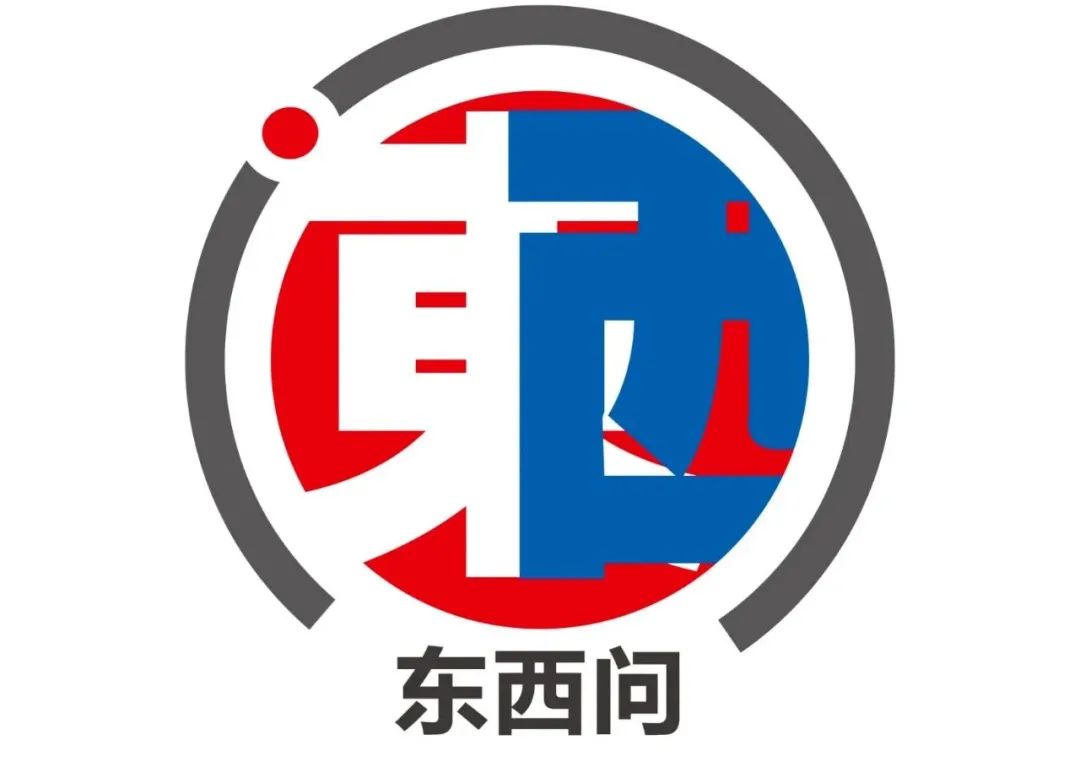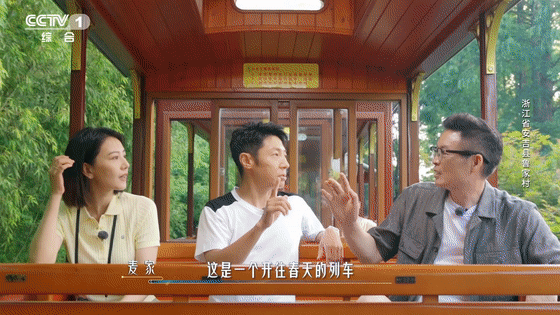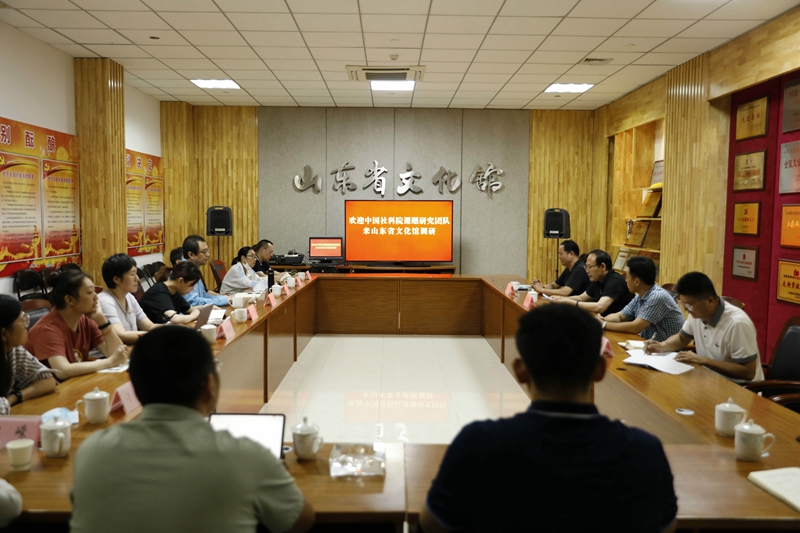Ni Haoshi: How to interpret "Historical Records" in Western thinking 丨 Questions
Author:China News Weekly Time:2022.09.03

In the process of studying Chinese classics
I can create a method suitable for Westerners
To study Chinese literature and history
Use Westerners' way of thinking to interpret
Author: Yang Yahui
Number of full text: 2435
Estimated reading time: 8 minutes

The "Historical Records of the Historian's Singing," Li Sao ", which was hailed by Mr. Lu Xun, was the first masterpiece of ancient and modern history in the history of Chinese history, ranking first of the" 24 history ". Over the years, the study of "Historical Records" has always attracted many scholars at home and abroad. What is the same perspective of Eastern and Western scholars' research on "Historical Records"? What is the significance of the study of "Historical Records" to the cultural exchanges and civilizations of Eastern and Western Eastern and Western Party? Waste Star, the Department of Language and Literature of the East Asian Literature and Literature at the University of Wisconsin University, Wulliam H. Nienhauser (JR), in an exclusive interview with China News Agency, telling how he interpreted with Western thinking interpretation Chinese classics.
Abstracts are currently recorded as follows:
China News Agency reporter: As a well -known Sinologist, you have been committed to Sinology research for decades. Do you start to understand China at first, and then contact Chinese and have a strong interest in Sinology?
Ni Haoshi: I was born at the end of 1943. When I was a child, my grandmother gave me an old textbook for her in history. Soon, I was interested in reading history books. When reading the book "Thirty Seconds Sword" (Thirty Seconds Over Tokyo), I learned that (April 1942) the United States launched the first air strike against Japan. This book depicts the story of the U.S. army after bombing Tokyo, due to the lack of sufficient fuel, some pilots use parachute to reach China. This book carefully describes the Chinese people to help these American pilots escape from the Japanese army and escort them to Chongqing.
This book and other stories like "Flying Tigers" aroused my interest in China. At the same time, these books related to history laid the foundation for my high school history. Since then, reading and research biography has become my main interest.
Later, I learned Chinese at a language school. My Chinese name, Ni Haoshi, was also my teacher in a language school. After that, I chose to go to Indiana University. There, I met a large number of Chinese teachers, including Mr. Liu Wuji, a well -known Chinese poet and translator. After that, I went to Bonn University in Germany to study abroad, and I also appreciated the style of some well -known Sinologists, thereby embarking on the road of Sinology research.

China News Agency issued a picture of the interviewees
China News Agency reporter: You have studied "Historical Records" for more than 30 years. In terms of academicity and ideology, what is the unique charm of "Historical Records" to the Western world? What do you think of the study of the "Historical Records" is of great significance to the cultural exchanges and civilizations of Eastern and Western Eastern and Western?
Ni Haoshi: During my studies in Germany, I found that the West focused on reading and writing when studying Chinese, and the level of understanding of the text needs to be improved. In 1989, in order to improve the understanding and knowledge level, I decided to start translating "Historical Records" with my classmates. Another reason to make this decision was that since I started the study of "Historical Records" in the 1970s, I found that a considerable part of the book is still not satisfactory in English translation.
In my opinion, the translation of "Historical Records" is a realistic need for Chinese and Western cultural communication. The status of "Historical Records" in the Chinese historian community is self -evident, and it is also very important for Western scholars who want to understand Chinese history. At the same time, the literary influence of "Historical Records" itself is also far -reaching. Without a complete translation version, it will mislead Western readers. Therefore, I decided to translate a loyal, detailed annotation, and as much as possible. Full translation. I hope my "Historical Records" translation not only serves ordinary readers, but also serves scholars and experts, and further promotes the research of Chinese history and culture in the West.
For readers in the Western world, "Historical Records" has taken them into a different world. People in the Western world can make a preliminary impression on ancient China, and then become interested in Chinese and traditional Chinese culture.
Reporter of China News Agency: In the process of studying "Historical Records", you have published dozens of academic papers. As a sinologist, how is your translation and study of the "Historical Records" different from his predecessors?
Ni Haoshi: I am not studying or translating "Historical Records" alone, but translation through group -style joint discussions. It not only converts ancient Chinese Chinese into English, but also uses Western thinking to interpret Chinese classics. During the translation process, you will try your best to refer to the research results of the predecessors and the original translation of the original "Historical Records", and make full use of the "Hanhe Dictionary" and "Kangxi Dictionary" to strive to accurately understand each word. meaning.
The translations of the predecessors mostly use free translations, and use as little comments as much as possible to make the translation smooth, while my translations do my best to be accurate and informative. I hope to complete the true style of "Historical Records", including its historical value and literary style.

The Civil Festival "Shi Sheng" ceremony was held in Sima, Shaanxi. China News Agency reporter Tian Jinfei
Reporter of China News Agency: In your opinion, how is the perspective of Western research "Historical Records" different from Chinese scholars?
Ni Haoshi: I think there are two essential differences between my sinology research and Chinese scholars: first, Chinese scholars generally have a wider and in -depth understanding of traditional Chinese works and their authors; second, their mother tongue is Chinese in Chinese It can easily understand the ancient Chinese style such as Han Fu. For me, the basis of Sinology research is translation. I have to translate all the content I want to discuss. Of course, this does not mean that I need to understand the meaning of every word in the work, but at least I need to figure out the general content. Professor Liu Wuji was also influenced by Western culture, so when he wrote the "Introduction to Chinese Literature", he also chose to translate all the works that needed to know. These translation works have become the way we understand Chinese classical literature.
At the same time, when I understand some traditional Chinese works, I will also discuss from the perspective of the West, or put it with similar literary works with Western to compare literary research, and think of more levels of Chinese literary phenomena.
Reporter of China News Agency: In the process of understanding and studying Chinese classics, how do you think that Sinology research has an impact on your personal character?
Ni Haoshi: While studying Chinese classics, I was indeed affected. I slowly learned patience and respect for ancient traditions. At the same time, some experiences in China and Europe also made me feel the feeling of being in a foreign country. Therefore, I try to treat Chinese students who come to the United States with patience and carefulness. In addition, I have always tried to pass my love for Chinese classical literature to my students, no matter which country they come from.
At the same time, I also deeply realized the differences in cultural cognition in China and the West. Although I cannot become 100 % Chinese by studying Chinese classics, in the process of studying Chinese classics, I can create a method suitable for Westerners to study Chinese literature and history, and use Westerners' way of thinking to interpret This is also very relieved.
China News Agency reporter: According to you, what are the important impacts of Chinese classics such as "Historical Records" and traditional Chinese culture on the Western world? What do you know about some people around you and traditional Chinese culture?
Ni Haoshi: Previously, ordinary Americans did not know much about Chinese traditional culture. However, over time, more and more Americans are interested in Chinese classics. However, because most people are still difficult to contact Chinese, translation has played a vital role in the process. In view of the cultural differences of East and West, some of the truth that some people can understand without explanation from the Chinese people may be very difficult to understand to Westerners. Therefore, for me, accurate translation and annotations of Chinese classics, and building a bridge for cultural exchanges between the East and the West can make more people around them interested in Chinese cultural libraries.
My students choose to learn and study Chinese classic works with me because they have a strong interest in China and want to know more about this ancient country with 5000 years of civilization.
Introduction to the interviewee:

China News Agency issued a picture of the interviewees

Ni Haoshi, a sinologist in the United States, is currently a lecturer professor at the Department of Language and Literature of East Asian Literature and Literature at the University of Madison, the University of Wisconsin University. Guest professor. Zeng You studied in the Far East and Germany. In 1972, he obtained a PhD in literature from the University of Indiana University in the United States. In 2003, due to his outstanding contribution in Chinese classical literature, he won the Lifetime Achievement Award of the German Humboldt Foundation. He is the founder of the magazine of Chinese literature (Chinese Literate: Essays, Article, Reviews, Clear), which is the only magazine in the United States, and has long been the editor -in -chief.
Text Editing: An Yingzhao
Image editor: Xu Xizhen
- END -
Most of the fireworks on earth, changes in Tibetan containers | "Home in Landscapes"

This is a train driving to spring.The small train enters the jungle, fields, and f...
Lile and Le Shandong | The Research Team of the Chinese Academy of Social Sciences went to the Shandong Provincial Cultural Museum for investigation and inspection

On July 20, 11 people in the research team of the Chinese Academy of Social Scienc...